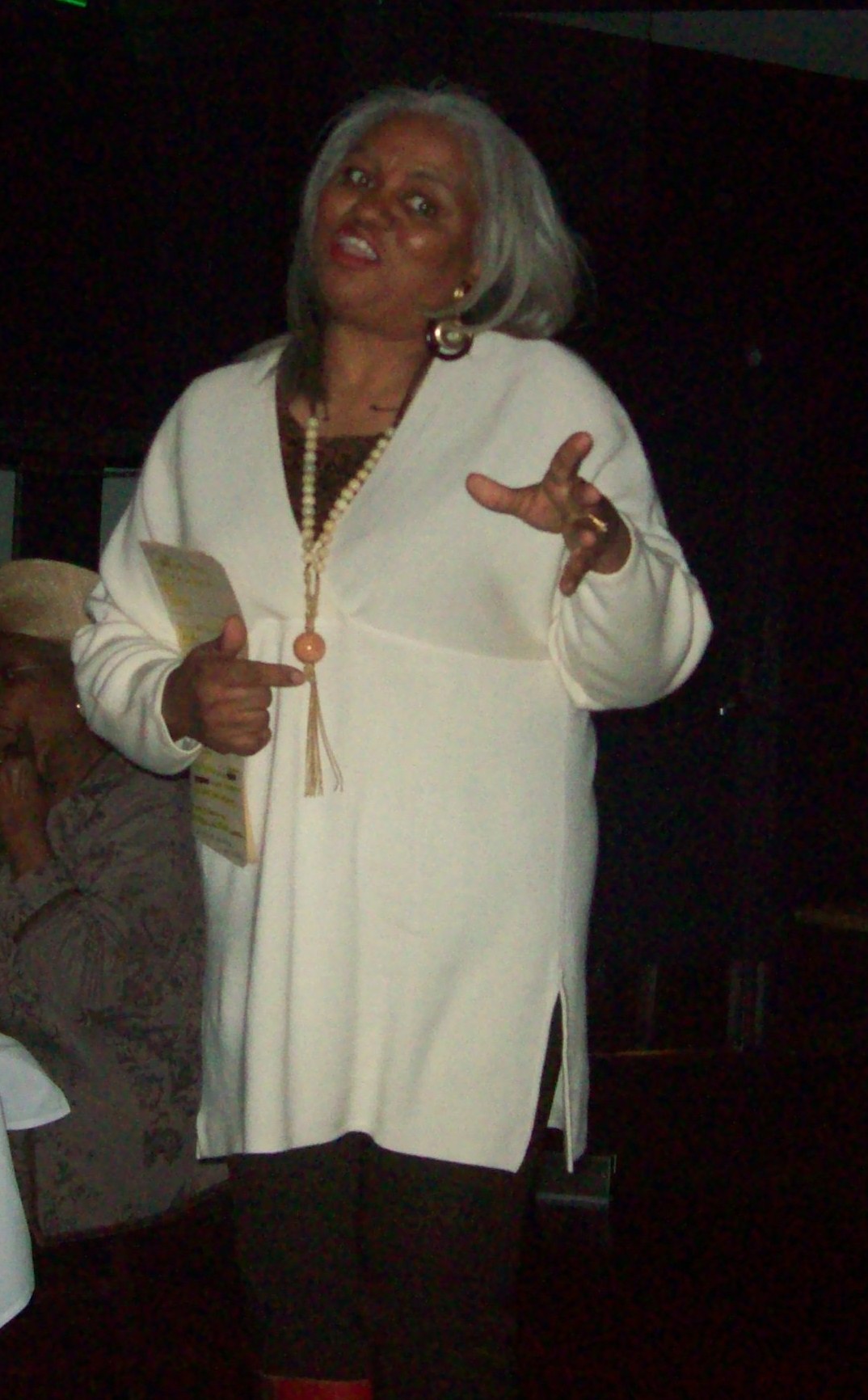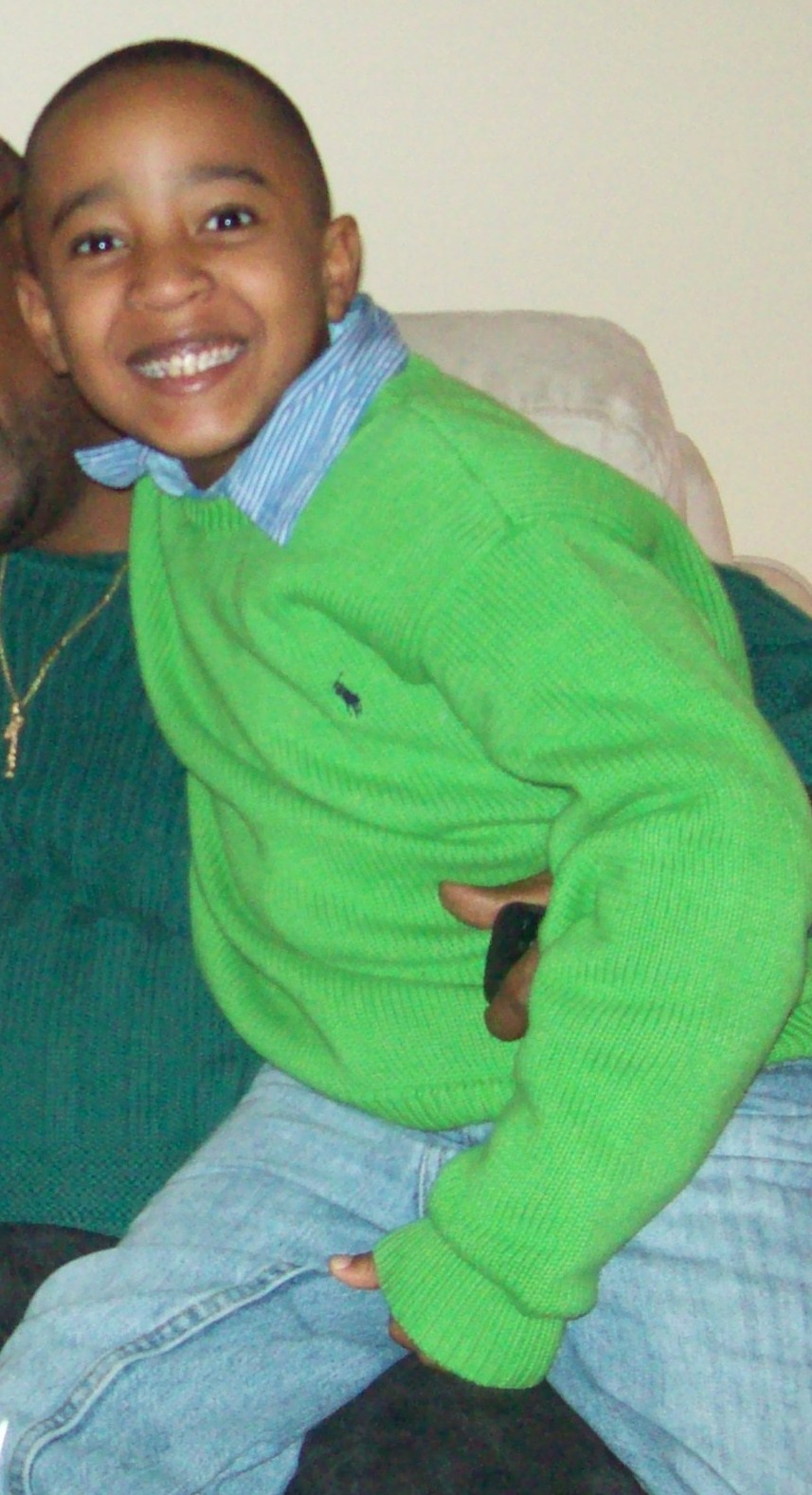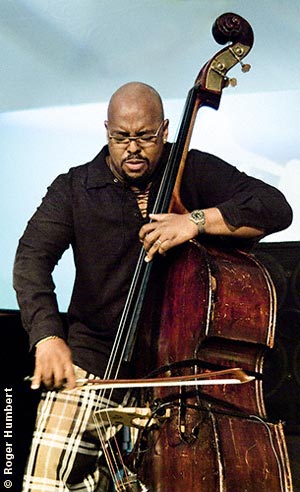As promised on Friday, today I begin posting excerpts from a draft of my book on the strong black woman. If you look over the course of my life, this book has been in the making since I was about 5. I began writing it, however, about 10 years ago. Over the decade there has been a host of articles, talk shows, lectures and books on this topic. Most recently, Sheri Parks published Fierce Angels: The Strong Black Woman in American Life and Culture and Hasani Pettiford published Why We Hate Black Women. While these books deal with stereotypes surrounding strong black women and even delve into areas of spirituality, neither offers a Christian worldview. My work does. If you have been following this blog, you know that I believe Jesus Christ is the author and finisher of my faith. So any conclusions that I come to about who I am have to be words based on what Jesus says. So from my book with the working title Destroying the Myth of the Strong Black Woman, I present to you a portion of the foreword:
-
“Their strength is to sit still. Now go, write it before them in a table, and note it in a book, that it may be for the time to come forever and ever. . .” Isaiah 30:7b-8.
When God tells you to do something, you better do it, even if the task is harsh; you think people won’t like you, that people will attack you. Such was the case with completing Destroying the Myth of the Strong Black Woman. I didn’t feel this way in the beginning. I first thought, “God gave me this book to help set black women free. This is going to be good. I and so many women I know have these issues. People need this book.” And hundreds of women and men I talked to and interviewed supported my thinking. So did one mainstream publisher whose only apprehension was backlash from the black community. A white editor wanted to know what the black community would feel about some of its dirty laundry being aired. This sentiment kept them from publishing my book. But now here I am, because when God tells you to do something, you better do it, even if the task is harsh, you think people won’t like you, that people will attack you.
So, this is a forewarning. You may think what I have written is harsh; you may not like me; you may even attack me. I can deal with that. What I can’t deal with is the repercussions of God showing me something so clearly, telling me to write it, and disobeying Him for fear of man. This book is my debt to my God who entrusted my limbs to deliver a message, one that is hard-hitting but redeeming for me. When I examined the history of my independence and pride in being a strong black woman I recognized little of my walk had been with God. . . .
More of my story from the book next time
Copyright 2006-2010 by Rhonda J. Smith



